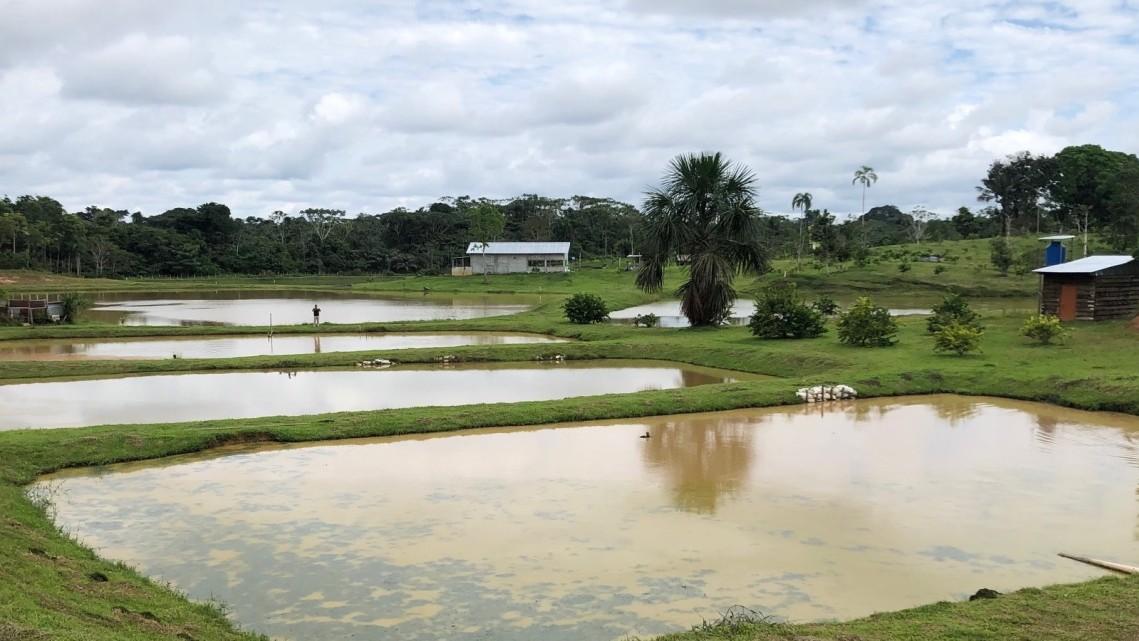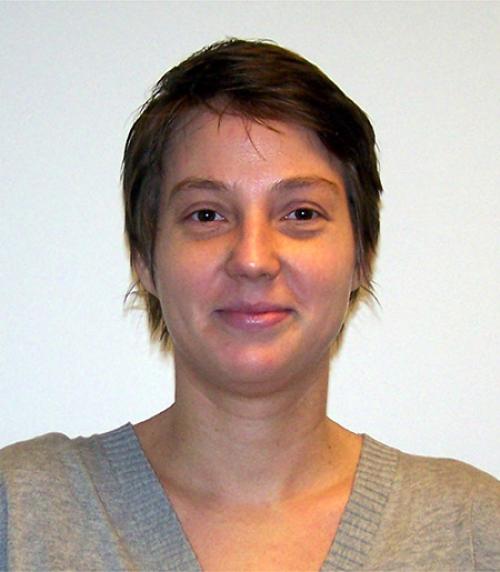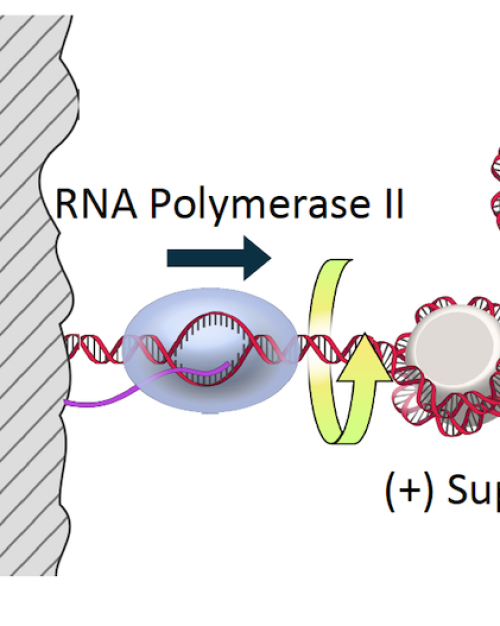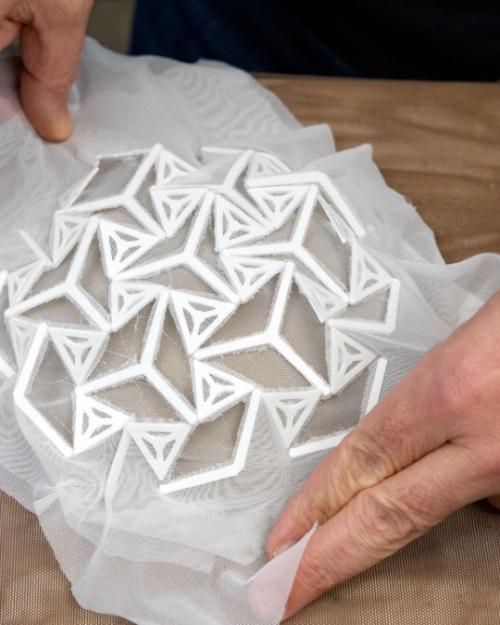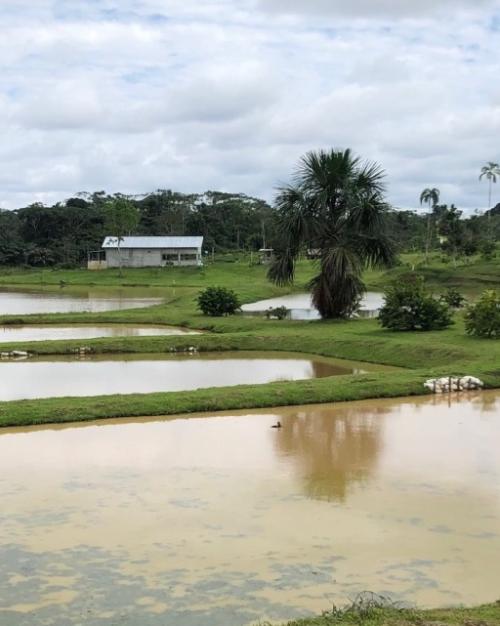A new cycle of seed grants from the Mario Einaudi Center for International Studies will help faculty from six colleges across Cornell tackle issues ranging from the health of endangered wild dogs to the spread of misinformation through social media.
From the College of Arts and Sciences, Caitlín Barrett, associate professor of classics, will explore the domestic impact of Roman imperialism through The CRC Pompeii Project. Alex Nading, associate professor of anthropology, and Suyoung Son, associate professor of Asian studies, receive programming awards.
The annual awards are designed to jump-start international research projects and workshops and other programming on campus and around the world. Last year’s grants have already begun to bear fruit.
“This project has grown into an awesome collaboration,” said Alexander Flecker, a professor of ecology and evolutionary biology in the College of Agriculture and Life Sciences (CALS), whose 2022 award supported a July workshop on Amazonian aquaculture in Brazil’s Rondônia state. “We’re really getting things done.”
The meeting he hosted of more than 20 American and Brazilian researchers, government agency officials and others led to the creation of a multidisciplinary team exploring the environmental and human health implications of fish farming in the Amazon basin. The driving question is whether aquaculture may be a sensible alternative to cattle ranching, which destroys the rainforest and contributes to climate change.
One group, led by computer science professor Carla Gomes in Cornell Bowers Computing and Information Science (CIS), is using machine learning and artificial intelligence to scour satellite images for fish ponds throughout the region. Another group is measuring the greenhouse gas emissions from different types of fish farms, while other researchers are comparing the human health benefits of various animal-source foods.
“There are so many different factors to consider, and we need to look at them in a nuanced way,” Flecker explained. “Part of what we’re trying to do is figure out when aquaculture is part of the problem and when it’s part of a solution.”
The project has attracted additional support from the Brazilian government, the Cornell Atkinson Center for Sustainability and the Cornell University AI for Science Institute.
Victoria A. Beard, a professor of city and regional planning in the College of Architecture, Art and Planning (AAP) and director of AAP’s new Cornell Mui Ho Center for Cities, received an Einaudi seed grant to help launch the first-ever Global Survey of City Leaders.
“There are ongoing surveys of mayors in the U.S. and Canada, but there was this big gap in international comparative surveys of city leaders,” Beard said. “A lot of it was the language barrier.”
In addition to using professional translation services, she and her colleagues tapped into diverse language resources on campus, including language programs and Cornell’s population of international students and postdocs. In the end, the group translated the survey instrument and supporting documentation into 23 languages.
Municipal leadership has rapid turnover, with elections and political appointments happening on different schedules everywhere, so finding the names and contact information for 1,000 city leaders was another challenge. Beard and co-PI Carlos Lopez Ortiz, a PhD student in City and Regional Planning, wrote and followed up with all of them – in their own languages to improve the survey’s response rate.
Ultimately, 246 city leaders completed surveys. Those in poorer countries tended to identify a lack of capital funding and access to core urban infrastructure (roads and stormwater and wastewater infrastructure, for example) as their top priorities, while public transportation, affordable housing and worker shortages were most urgent in cities in developed countries. Many concerns – including rising inequality, access to public transit, and concerns about climate change – were reported everywhere.
Beard said more findings will emerge over time, but she already considers the project a success. “The seed grant provided us with a globally representative sample of city leaders that didn’t previously exist,” she said. “It’s kind of awesome to be able to say that.”
Flecker and Beard are continuing and expanding their seeded research with funding from a variety of sources. Meanwhile, a new group of Cornell faculty has received 2023 Einaudi Center seed grants, with work getting under way this summer.
Research Awards
- Caitlín Barrett (College of Arts and Sciences): Exploring the Domestic Impact of Roman Imperialism: The CRC Pompeii Project
- Jenny Goldstein (CALS): Seaweed as Climate Technology: Assessing Uncertainties and Barriers to Scaling Up in Southeast Asia
- Eli Friedman (ILR School): How China’s Incorporation into the Global Economy Impacted Labor and Class Politics in Hong Kong
- Beth Lyon (Cornell Law School): Farmworker Self-Construal and Law Reform
- Aditya Vashistha (CIS): Misinformation and Polarized Speech in Private Social Media Groups
Programming Awards
Tobias Doerr (CALS) | Martin Gilbert (College of Veterinary Medicine) | Alex Nading (A&S) | Suyoung Son (A&S)
Read the story in the Cornell Chronicle.
